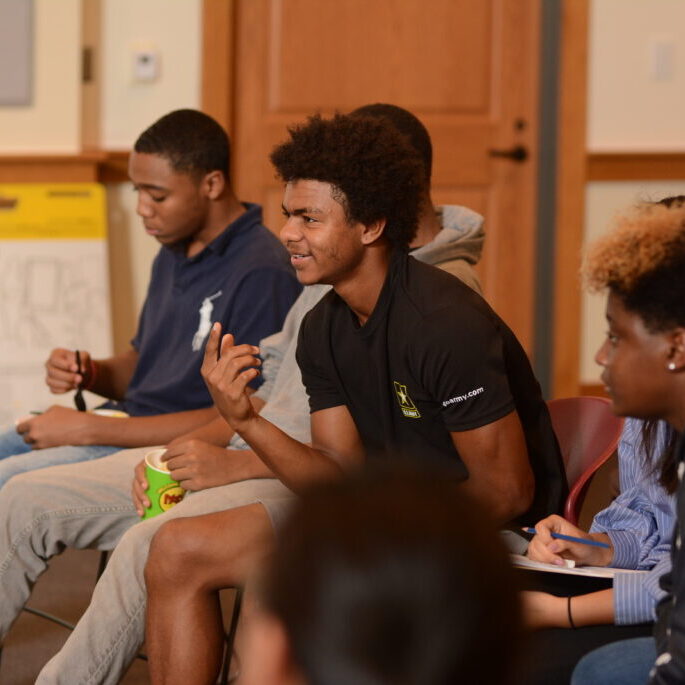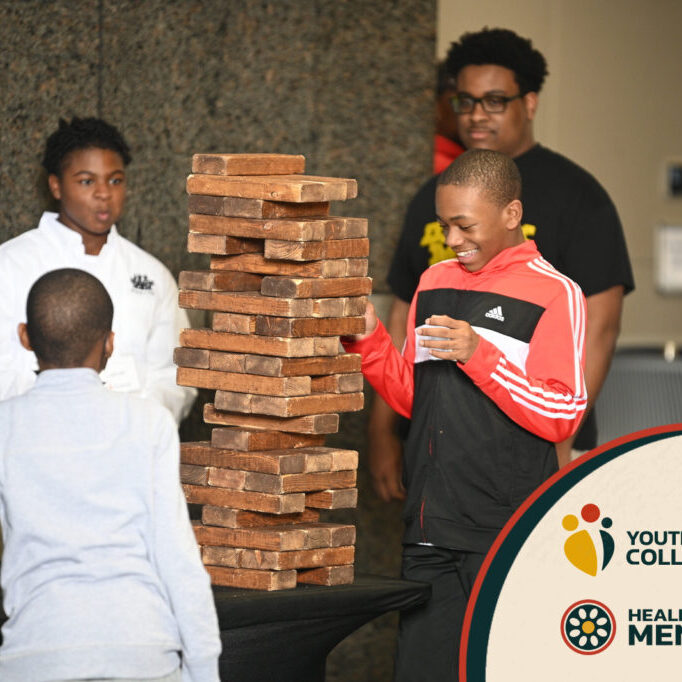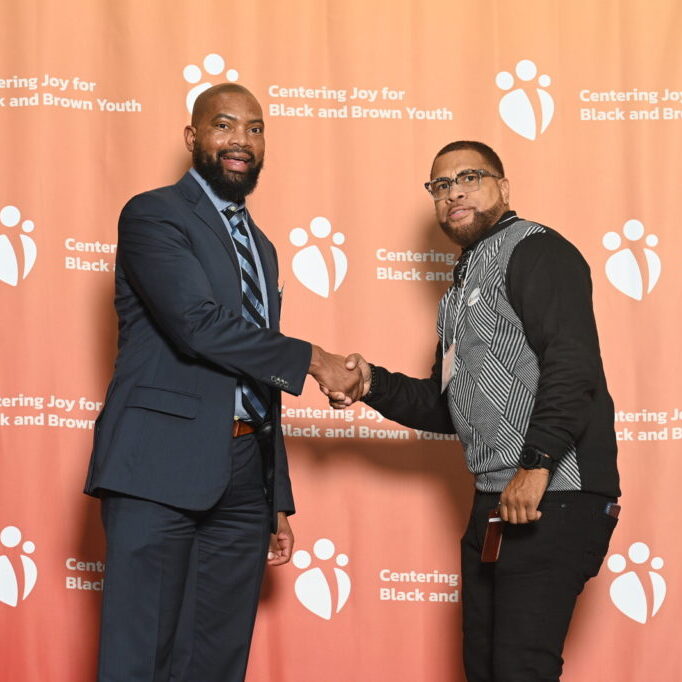Published Friday, April 28, 2023. | Written by Justice Skinner, youth Board Member at the Youth Mentoring Collaborative.
Op-Ed: What I Wish I Knew When I Graduated High School
Having been homeschooled since the 2nd grade until the end of high school, my educational experience may be somewhat different from others’. However, commonalities do exist that I believe can assist students as they transition into the college world. Additionally, having attended community college for the first half of my college career gave me a more diverse insight into what it takes to be successful. My hope is that you, the reader, will be able to apply this knowledge that I’ve attained through trial and error so as to avoid the same naivety I possessed.
First off, I wish I had known how the process of picking classes worked. Depending on what your major or program is, there will be a set of specific classes that you must complete. These are in addition to general education requirements such as biology, algebra, and more. Typically these courses must be completed with a minimum grade of a C. Before each semester begins, you must register for them through your school’s online portal. This involves picking which classes and/or labs you want to take for the semester based on your degree and formulating your daily schedule. If you are enrolled in classes that add up to 12 credits, you’re considered a full-time college student. Although, something to note is that depending on the time slot that your enrollment begins, you may not be able to register for the course because the spaces will have filled up. Also, a class will normally be divided into three 50-minute lectures throughout the week or two 75-minute lectures. Which day(s) these lectures fall on is up to the faculty’s discretion.
After being homeschooled for years, I was naturally unfamiliar with a typical class structure. When I began college, I had to quickly adapt to a new way of grading and the expectations. On the first day of any college class, the instructor will likely spend the entire first day going over what’s called a syllabus. Syllabi are typically composed of course policies, grading scales, class dates, assignments, and the instructor’s contact information. Some instructors may hand these out on the first day but as of late most just upload them into their course on whatever education website the institution utilizes. I’ve found that the most important detail within a syllabus is the grading scale. I learned the hard way that universities use the plus/minus system in grading whereas community colleges typically do not. This will affect how your overall GPA is calculated at the end of the semester. So, be sure to note which assignments or exams you should aim to do extremely well on to ensure a positive grade in the course.
When I graduated high school I deeply wish that someone had shown me how much study time would be required in college. Instructors are given a relatively short amount of time to teach students a hefty amount of information. While this information may come more easily to others, everyone should plan to spend weekends studying to an extent and reviewing class information everyday. This is especially true for those attending universities. Within your first year of college, you’re taught that there’s a ratio of how much time you should spend studying based on the class’s credit hours. Personally, I’ve found that to be inaccurate and instead try to study for as long as it takes to comprehend and apply the material. This work ethic came through trial and error, but I hope that incoming students reading this will avoid this mistake I made.
College is a scary, exciting time in one’s life. As a current undergraduate student, I know it’s easy to get overwhelmed in trying to navigate this new normal while also excelling academically. The main thing to note is that you’re not in high school anymore so it’s crucial to understand the processes I’ve mentioned in order to perform above and beyond. Hopefully after reading this, I’ve made the transition much more feasible for someone.

Justice Skinner
Board Member
Justice Skinner is a youth Board Member at the Youth Mentoring Collaborative, and an undergraduate student majoring in Animal Science at NCSU.

Back to the Blog
Head back to our blog to check out the latest happenings, creative op-eds, and more!

More Resources
Explore more ways to connect with mentoring from the perspective of a caregiver, mentor, organization, or youth.

Start a Consultancy
Want to learn about ways to build your organization's capacity? Start a consultancy with our team!